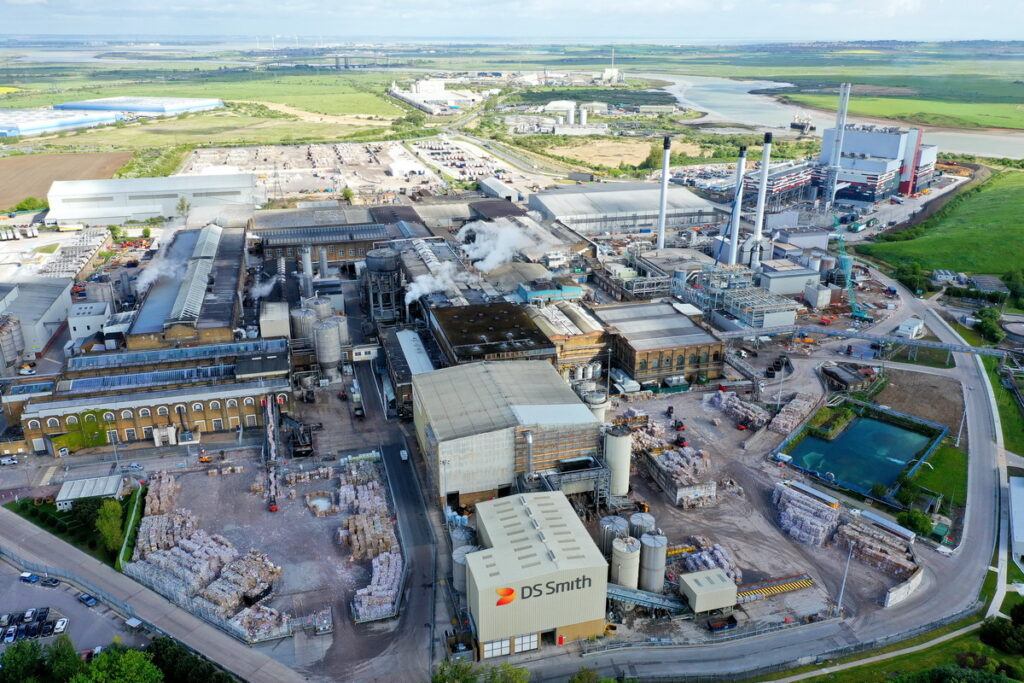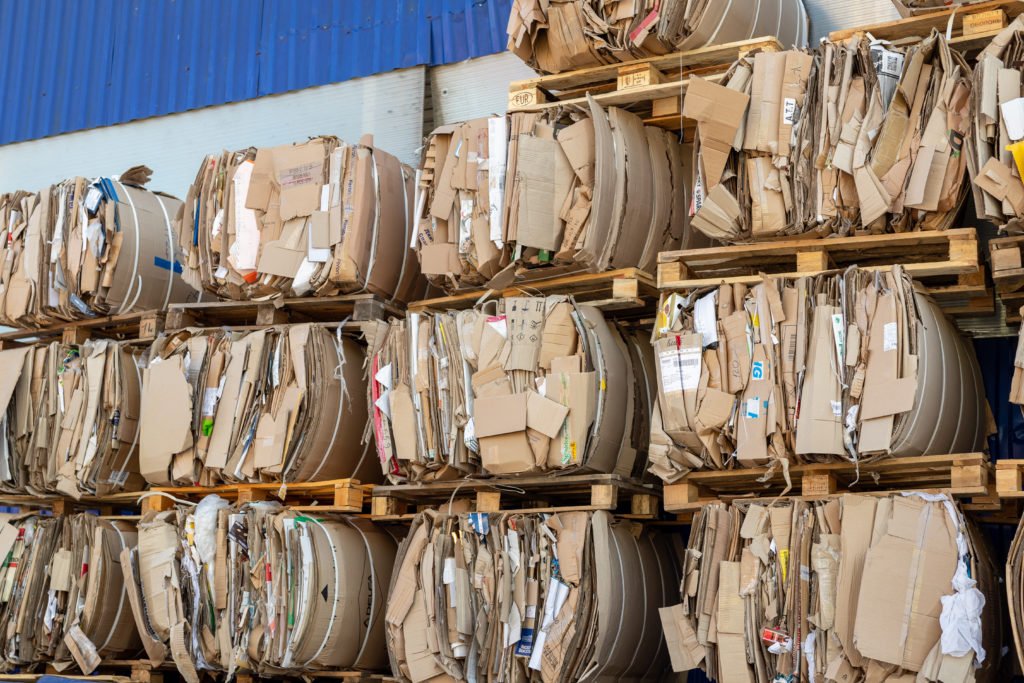WRAP is backing the study by the London-based BioRegional charity which has funding from the Shanks environmental body for the work. Bioregional says: “The study will focus on London and other urban forest areas with a view to increasing deinking capacity for graphics paper.”
BioRegional promotes the use of Evolve recycled paper which is manufactured by M-Real in Kent using its recycled fibre plant (RCF plant) at Kemsley. To “close the loop” the charity is also involved in waste paper collection – it organises free collection in the London area of office white paper.
With the UK using about 4.7 million tonnes of graphics paper annually and recycling only about 20%, BioRegional says: “WRAP’s specific target of an additional 180-250 tonnes of recycled graphics paper could create an estimated 1,650 jobs and generate 117 million worth of graphics paper every year.”
At present, there are two graphics paper deinking mills, Inveresk's Kilbagie deinking line in Scotland and the M-Real plant in Kent. Inveresk will close its Kilbagie mill in February but will continue to manufacture its recycled Repeat range at the Caldwells mill. But, it will have to source deinked pulp from elsewhere and is expected to buy this abroad, possibly from the US or Greenfields in France.
Demand
M-Real's RCF plant in the UK, is not running at full capacity and has been closed at times this year. It can produce about 100,000 tonnes of recycled pulp from 180,000 tonnes of mixed office waste at full capacity. About 90% of the pulp is used at its adjacent Kemsley mill. However, the lack of high demand for its Evolve range over the past few years has seen some of the pulp produced going into the production of ordinary paper – with a virgin fibre content.
One waste paper merchant said that there was good demand for office grade material although the loss of the Inveresk plant was yet another blow to the industry. “I guessed they could have hung on for salvation but a lot of it comes down to the demand for recycled paper.” Another questioned whether it was realistic to expect any multi-national paper business to construct a deinking mill to make office paper because of the low demand for it at present in the UK.
For Inveresk, Steve Couttie, at Caldwells mill, emphasised that the company's Repeat range would still be available. “Demand for recycled paper is still not good enough and I would like to see more promotion of recycled paper.”
Kate Cathie, environmental manager at M-Real's RCF plant said: “We have no problem with supply, the waste is there. But the market has to be there as well.”
Comments
The BioRegional study is due for completion by the end of the year. A spokeswoman for the charity said: “Conclusions and recommendations will be presented and promoted to stakeholders and used for seeking commitment from industry and support from government to implement recommendations.”
And she invited comments from policy makers and organisations involved in the paper and waste industries at www.bioregional.com.










Subscribe for free